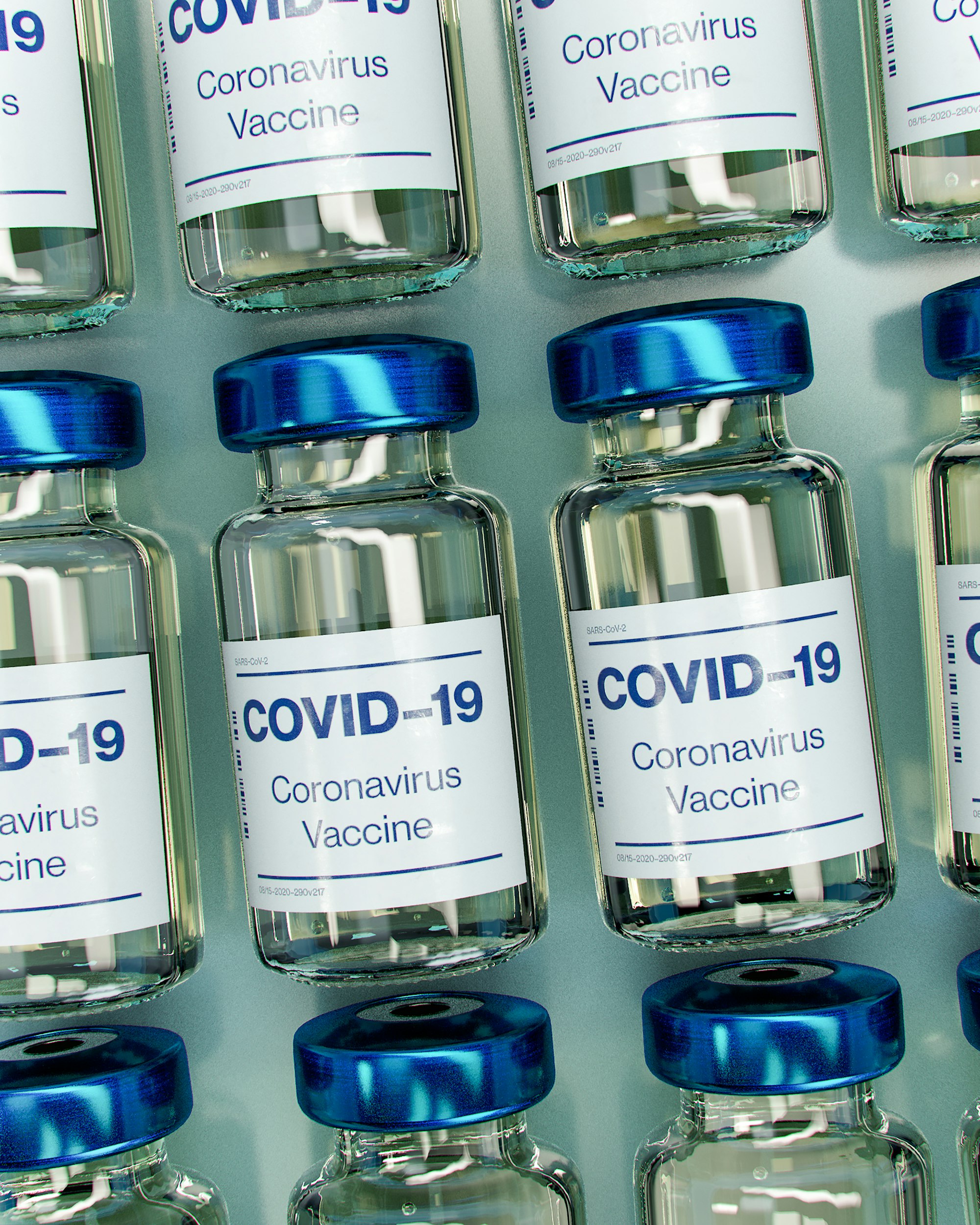Sleep, The Immune System, and COVID-19 Vaccines
Studies have shown poor sleep can impact antibody production, which help vaccines do their job. Now that COVID-19 booster shots and options for different age groups are here, researchers are racing to find out how sleep and the COVID-19 vaccines interact.

Guest contributor: Aric Prather, PhD
Research assisted by: Miriam LeMaistre
Across the pandemic, there have been increased reports of poor sleep. We know that sleep impacts our health in many ways, but several researchers have started to explore how sleep disruption may directly impact our immune system, and with possible implications for the efficacy of the COVID-19 vaccine.
According to UCSF researchers in a landmark 2012 study on sleep & vaccine potency:
“Sleeping fewer than six hours conferred a significant risk of being unprotected as compared with sleeping more than seven hours per night”
In this blog, we do a dive into how sleep interacts with your immune system and actionable ways to improve your sleep and immune health.
The Immune System and Sleep
Let’s start with the basics. How do sleep and the immune system interact broadly? One key connection is that a lack of sleep is associated with changes in the levels of certain cytokines, immune signaling proteins, that have a bidirectional effect on sleep. Some cytokines are sleep-regulating, so alterations in these levels can have a negative impact on how consolidated or restorative sleep feels. A good example of this is in response to infection, which activates the immune system and can lead to an increased need for sleep; however, when an infection is severe and often accompanied by fever, sleep may be more fragmented.
Conversely, sleep plays an important role in regulating immunity. One aspect of immunity that appears closely tied to sleep is inflammation. Indeed, poor sleep is associated with elevated levels of proinflammatory cytokines. These cytokines are critical for communication within the immune system but when not tightly regulated, can lead to health problems. For example, chronic inflammation is commonly seen in a range of negative health problems, including metabolic disorders, such as cardiovascular disease and diabetes, as well as autoimmune conditions like rheumatoid arthritis.
Although research is still investigating these links, it appears that disrupted and poorer quality sleep is one of the factors that can push the inflammatory system into overdrive, which in turn can promote the development of these inflammatory conditions.

The Role of Circadian Rhythms
Sleep and immune systems have more than cytokines in common; they are both influenced by the circadian rhythm. The numbers and types of immune cells that are active during the day and night change as a function of our internal circadian rhythms. In fact, in instances when individuals are deprived of sleep in the laboratory, many of the ebbs and flows of the immune system are still present, highlighting how key our circadian biology is to regulating immunity. Moreover, if we have irregular sleep patterns that are misaligned with our circadian rhythms, we may be short-changing ourselves on the benefits of sleep (like slow-wave sleep).
One group of people where this is particularly apparent is in shift workers. There is growing evidence that night shift workers report more infections than day workers. More alarming is the fact that in 2007 the International Agency for Research on Cancer (IARC) deemed shift work as a probable carcinogen. This is scary but not surprising given what we know about the immune system and its role in surveillance against budding cancer cells.
Looking at the full picture, irregular and dysregulated sleep patterns throw off the body’s balance and ability to respond to infections in several ways.
Vaccines and Sleep
A study by Dr. Aric Prather at UCSF has demonstrated this connection in action. In one study where participants were exposed to live rhinovirus, which causes the common cold, his study team found that participants who tended to sleep fewer than 6 hours per night on average were about 4 times more likely to go on to develop an upper respiratory infection than participants that tended to sleep more than 7 hours per night. There is also evidence that sleep is related to the ability of the immune system to develop memory for infections.
Immunological memory is what underlies how vaccines work, with prior exposure, via immunization, leads to the development of antibodies specific to that virus. Several studies have found that chronic short sleep or sleep deprivation can impair the immune system’s ability to create these critical antibodies.
For example, another study by Dr. Prather and colleagues found decreased antibody production up to 4 months after receiving the flu vaccine in individuals who had shorter sleep duration a few nights prior to receiving the vaccine. Conversely, those with comparatively longer sleep duration in the days prior to receiving the vaccine had more antibody production, decreased reported daily stress, and lower levels of loneliness.
What about COVID-19 Vaccines?
What does this mean amid the COVID pandemic and the recent CDC recommendation for a third booster vaccine? It’s an open question. Several groups around the world, including Dr. Prather and his collaborators, are exploring whether sleep and other factors predict antibody responses to the COVID-19 vaccine over time. While the results from these studies are not yet released, the prior research suggests that sufficient sleep may be critical to the development and maintenance of a strong vaccine response.

What you can do to promote sleep and immune health:
- Prioritize your sleep. Your sleep 2 weeks ahead of, and the week after vaccines matters! Aim to consistently get more than 6 hours of sleep in the 2 weeks leading up to the shot, and especially in the days following your injection.
- Maintain a regular sleep-wake schedule that is aligned with your own biological rhythm. The average adult (ages 26-64) gets 7-9 hours of sleep, with a range of 6-10 hours.
- Anchor your sleep schedule by maintaining a consistent wake time, getting light exposure in the morning, and less direct light in the evening.
